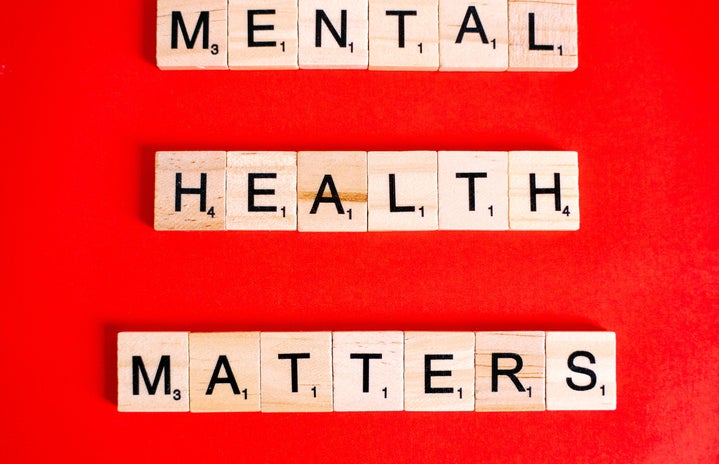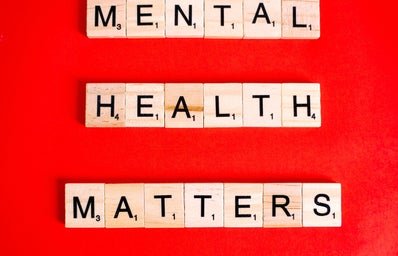Trigger Warning: Mental Health Challenges, OCD, and Christmas-Related Stressors discussed; Potential distressing content.
Christmas is one of the most cherished, loved times of the year which many of us get to spend with loved ones. Whether you sit around the table playing board games, cosy up with a hot chocolate to watch Christmas movies, or are more into getting dressed up heading out, many people will agree that Christmas is a special time of year that we look forward to. However, this Christmas I want to spread a gentle reminder to be mindful of others’ mental health. Spread thoughts to those who might not have someone to celebrate with, appreciate how lucky you are if you do, and feel grateful for everyone around you. Christmas is also a time of change, with breaks to often comforting schedules, abrupt routine changes, pressures to spend money and more often than not, centred around food, so it is important to be aware that these may be triggering for some people who you know. I am in no way saying not to celebrate Christmas to the max- Christmas is my favourite time of the year and I am an absolute lover of everything festive and have been excited for December for months, but merely to promote kind words, support those around you and think about how some things may be difficult for others. Even a small gesture can make a big impact to someone who needs support.
Mental health does not stop just because Christmas arrives, and many different mental health challenges will affect the way people can celebrate festivities. Personally, my OCD makes it challenging to abandon routines, particularly with a need for certainty and causing me distress when making decisions, stopping work, and especially spending money- all things which the festive period entails. Food is also a stressor, with the emphasis on Christmas treats being highly triggering for any person struggling with an eating disorder. This is only my experience to show that, whilst everyone is different, I do understand how whilst you can love Christmas, it can still be tough to celebrate if your mental health takes a hit, and it’s so important to be gentle to yourself if you are struggling. Alongside this, some find the notion of being with the extended family for a long period of time demanding and can exacerbate challenges if we don’t have a supportive home environment, or close friends at home since many university friends will live far away. Alternatively, some people do not have loved ones to celebrate Christmas with. Findings from Mind reveal that nearly 60% of respondents experienced panic attacks over Christmas time, and causes of difficulties arose from the stresses of Christmas (81%), loneliness (83%) or concerns over money and getting into debt due to the pressures we place on buying gifts (41%). This shows just a few of the real-world struggles people face over Christmas, which many people do not consider when celebrating.
Therefore, it is so important that we consider others at Christmas time, and spread joy to those around us, check in on our friends and relatives, and be kind to others of all positions. And be grateful if you get to cherish the festivities with those you love. At the same time, make sure you are doing what it best for you at Christmas if you struggle with mental health, what will make you happy and allow you to enjoy this period. If you are feeling overwhelmed or out of control, stressed or anxious, speak to those you trust, seek help, and take space to yourself. Christmas is a time to enjoy yourself, relax and celebrate, so do whatever that looks like for yourself. So, this Christmas, check in with you and those you love, and have a mindful Christmas.
Helplines:
Samaritans: 116 123 (free from all phones 24 hours a day, 365 days a year)
National Suicide Prevention Helpline UK: 0800 689 5652 (6pm-12pm every day)
Beat Eating Disorders: 0808 801 0677 (1pm-9pm weekdays, 5pm-9pm weekends and bank holidays, 365 days a year)


